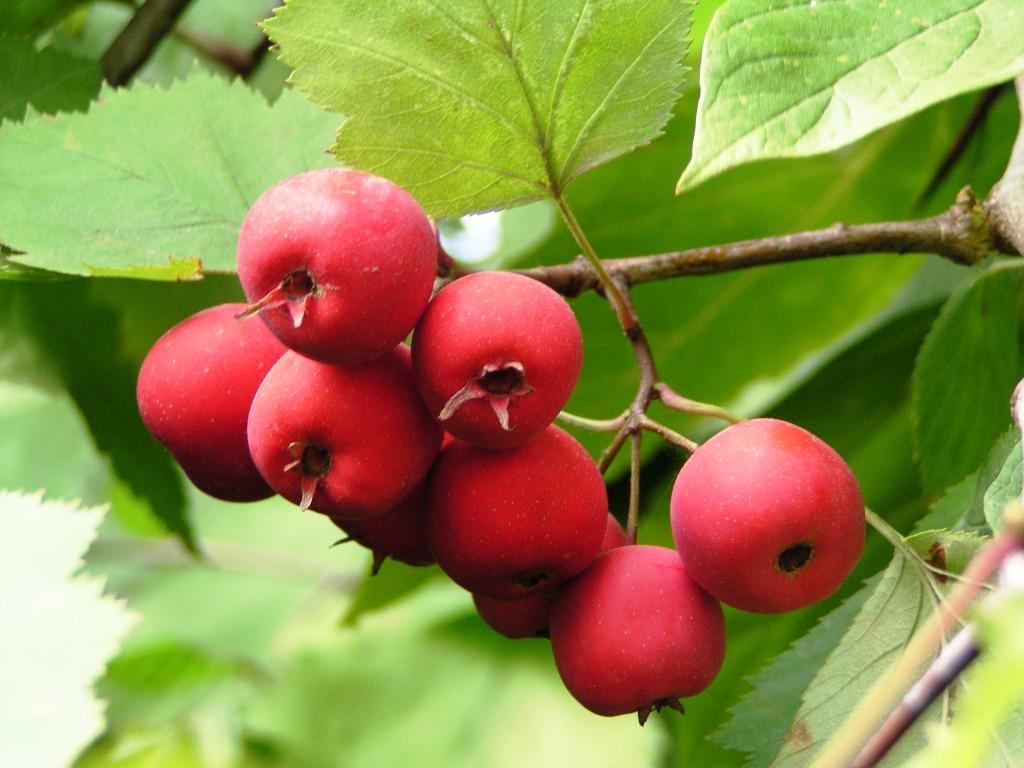
Black hawthorn (Crataegus douglasii)
Black hawthorn, also known as Douglas' hawthorn
Certainly! Here's a revised answer:
Black hawthorn (Crataegus douglasii) is a versatile shrub with several key applications in agriculture and wildlife management:
**Agriculture:**
1. **Soil Stabilization:** Its robust root system effectively prevents soil erosion.
2. **Natural Barriers:** Frequently used in hedgerows and windbreaks to shield crops from wind, while providing habitat for beneficial insects.
3. **Pollination:** The flowers attract bees and other pollinators, enhancing the productivity of nearby crops.
**Wildlife Management:**
1. **Nutritional Source:** The berries serve as a nutritious food source for a variety of bird species and small mammals.
2. **Shelter:** Dense growth forms provide excellent cover and nesting sites for wildlife.
3. **Ecological Support:** Supports a diverse range of insects and birds, contributing to ecosystem health.
These functions make black hawthorn valuable for both agricultural and ecological purposes.